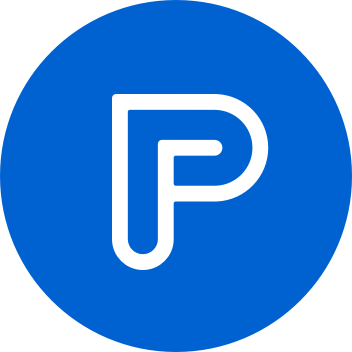Paying employees has always been a challenge. Labour law is a complex and sensitive subject on top of which historical solutions are usually not a great fit for companies without a dedicated payroll department.
At PayFit, our mission is to facilitate employer’s daily life by automating payroll management and centralising HR process management in a single tool. Our goal is to enable everyone, without being an HR or payroll expert, to manage the professional life of their employees with ease.
Today, 40 people across 4 different countries collaborate in our product team to offer our customers the best possible experience. Here is our story.
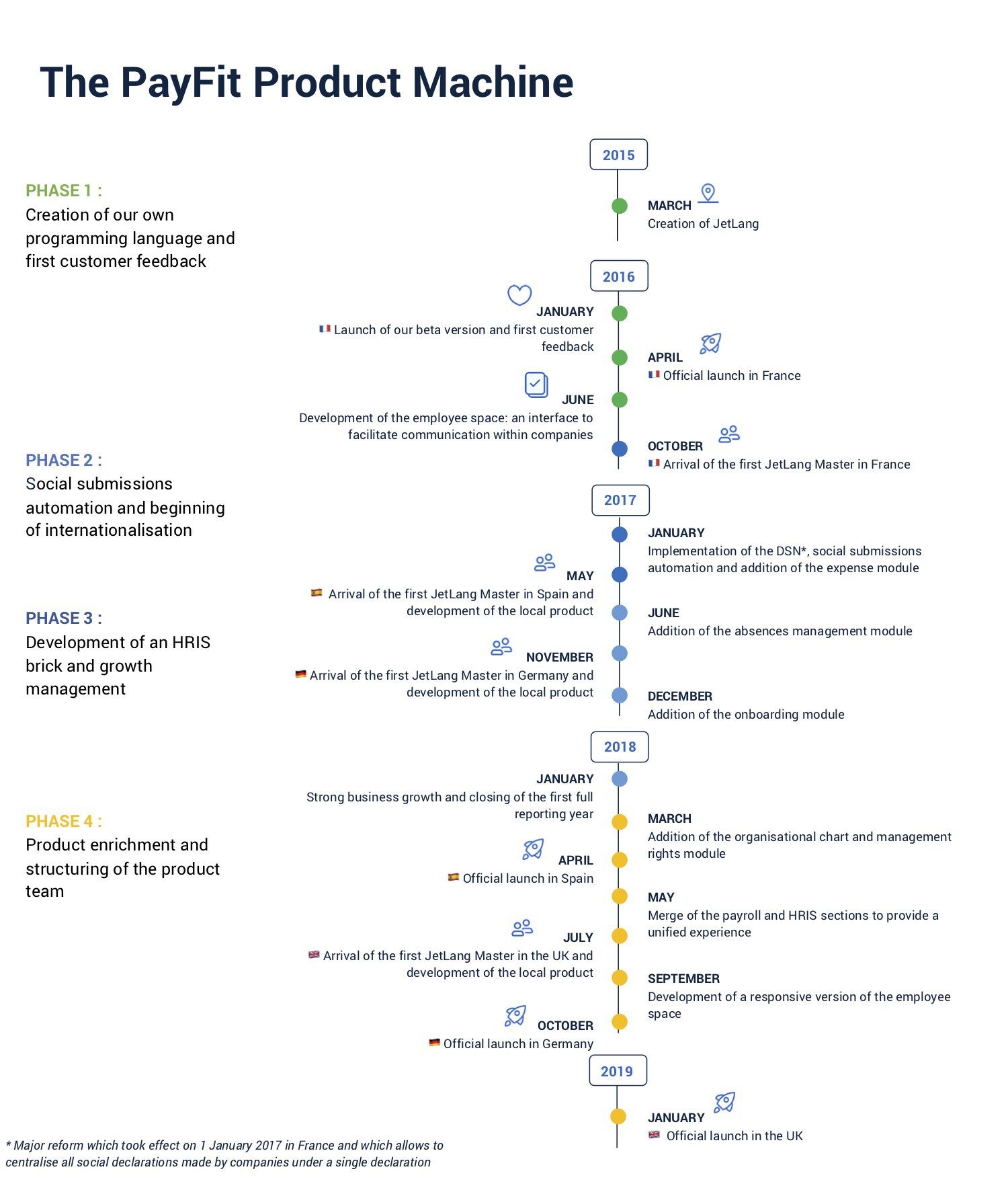
👶 Phase 1: (2015 — Summer 2016): Inventing a new language and gathering first customer feedback
A new language to face the complexity of the labour code
From the beginning, Firmin (CEO), Ghislain (CTO) and I (CPO) were convinced that we had to build a very different product from what existed on the market. If we wanted to bring real added value to companies, our solution should be ten times more powerful than existing ones. Without worrying about the available tools, we brought out the drawing board.
We quickly realised that in order to build a solution that would allow us to be ultra-flexible in facing the complexity of French labour law, we needed to create our own programming language.
The main benefit of this language is that its users, without being developers, would be able to translate the labour code into programming language and our developers would not require a payroll expertise. This would have a triple advantage:
- First, we wouldn’t need to recruit experts in both JavaScript and payroll (quite rare on the market, to be honest).
- Second, we wouldn’t have to start from scratch every time we open a new country: only the labour law and legal parts would need to be developed, everything else would be identical to the opened countries.
- Finally, apart from payroll, all developments are designed and carried out directly in an international way by the teams of Software Engineers, Product Managers and Product Designers.
Firmin and I trained ourselves on payroll while Ghislain invented this language that we called JetLang. Very quickly, we established a privileged relationship with Pierre-Jean Fabas, a renowned payroll expert. He loved the project so much that he advised us on technical subjects related to payroll and social issues since the very beginning. Today, Pierre-Jean is still supporting us in our product developments within the Product Legal team.
Launch of our beta version and first customer feedback
In January 2016, the first test customers arrived: Merci Handy, Heetch and Nestor. The product was far from finalised, but we needed customers feedback to move forward and improve our proposal. This was a crucial step because we realised that some developments we considered as priorities — a mobile application for example — turned out to be secondary in the eyes of our customers. We were also becoming aware of certain inherent payroll complexities, such as the need for retroactivity. Indeed, a leave request can very well be submitted several months after it occurred, and it is up to us to calculate the impacts on the current month’s payslip.
In April 2016, PayFit was launched. 14 companies became our customers and began to use our solution on a daily basis.
At the beginning, many calculations were still done by hand. Little by little, we automated them. Very quickly, one of the first needs formulated by our customers was an interface for employees, from which they could view their payslips, submit their expenses or leave requests. We started developing this space which became available to our customers a few weeks later. This interface is intended to facilitate exchanges between employers and employees. We are still expanding it today with regular new features.
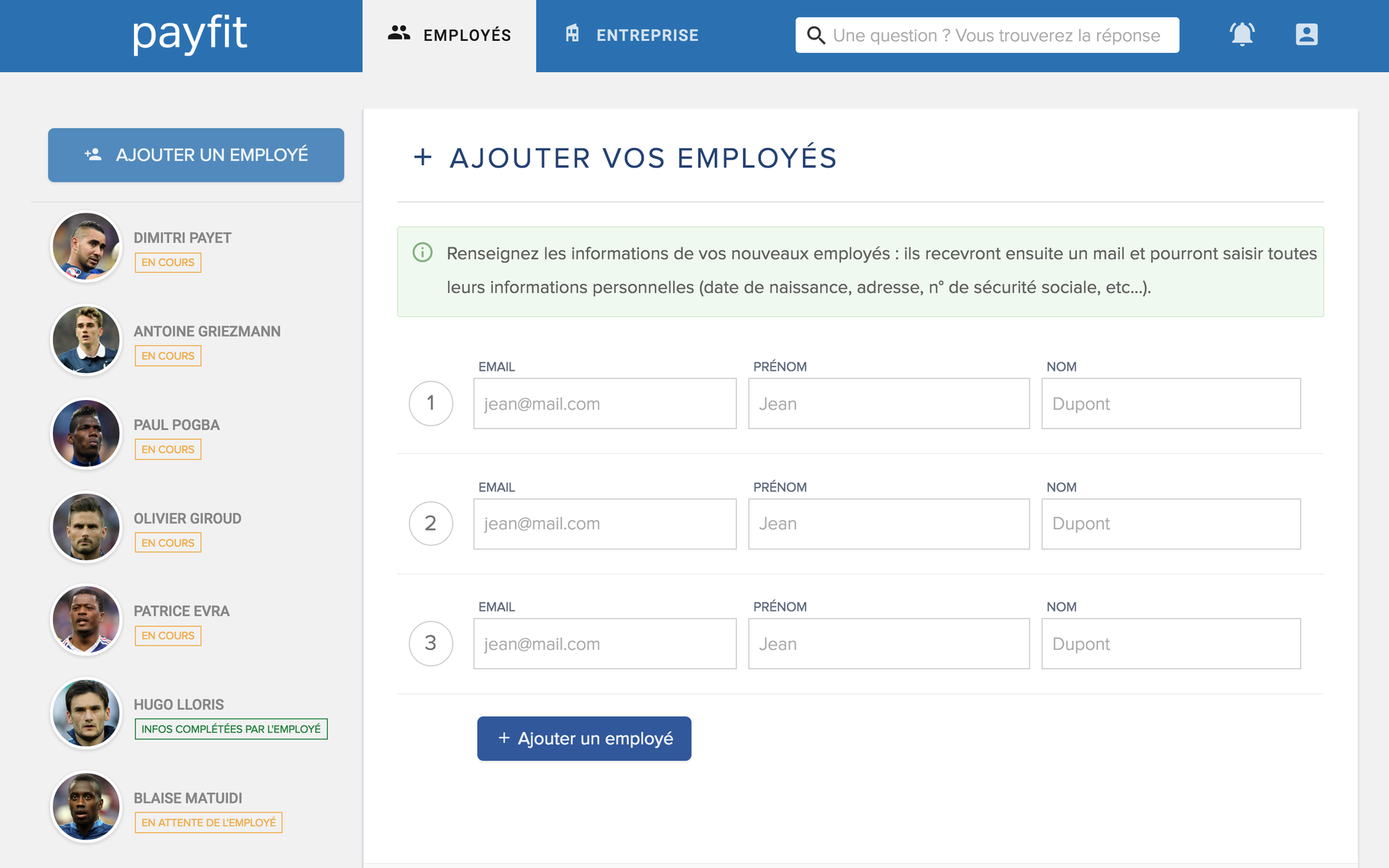
🌍 Phase 2: Summer 2016 — October 2017: Social submissions automation in France and beginning of internationalisation
Recruitment of the first JetLang Masters
In October 2016, I was starting to need help with JetLang. The job description was simple: we needed an engineer, with no particular experience or specialisation, but with a strong desire to learn and explore new directions.
We created this new role of JetLang Master at the border between Product Manager, Product Designer and Software Engineer.
I met Guillaume, who had an appetite for programing without having advanced skills in this field. I introduced him to our project, our product and its language. He immediately adopted our vision, understood the logic of JetLang and joined the team a week later. He learned about payroll and collective labor agreements (a set of rules depending on the company’s sector of activity) and quickly became comfortable with JetLang. After a week, he coded his first collective agreement in a record time of 2 days (today it takes him half a day!). Guillaume set the foundations of what would become our “JetLang Bible”. This document gathers all the information related to the language and is still used today to accelerate the training of JetLang Masters. We detailed our code and each variable was precisely documented with its official source (labour code, collective labor agreements, etc.). We iterated, repeated, adjusted and refined our work.
Implementation of the DSN and social submissions automation
In December 2016, Jean boarded the spaceship. When he arrived, we were only a few weeks away from the implementation of the DSN (Déclaration Sociale Nominative). This is a major reform that took place in France in January 2017 and allowed to centralise all social declarations made by companies under a single one. With this deadline, Jean was thrown in the deep end!
Indeed, if our product already met customers’ expectations regarding payroll very well, we had not yet tested the automation of the reporting part. Until then, the submissions were managed by hand by our team of payroll experts. We worked tirelessly to ensure that this first automated shipment was carried out in the best possible conditions. It was a real success: more than 500 submissions were automatically generated thanks to JetLang.
Where payroll managers spent several days editing and checking their returns every month, we managed to generate them automatically with just a few clicks!
This success brought the whole team closer together and everyone became fully aware of the power of the JetLang.
First international experience: PayFit Spain
The year 2017 marked a turning point in PayFit’s international strategy with the arrival of Loïc, the first Spanish JetLang Master. Loïc had the colossal task of demonstrating that the keys to success in France were the same in Spain. Was JetLang as flexible as Ghislain, Firmin and myself had initially imagined?
Carlos quickly joined Loïc in July, and found himself in the position of a writer facing a blank sheet of paper: JetLang made a wonderful pen, but the tough part was still ahead of him with so many options available. Should they structure the Spanish product by closely following what exists in the French product? Or rather rebuild an entirely new structure by learning from the French experience? The decision was made to start from scratch to better reflect national legal specificities. Once this decision was made and the subtleties of JetLang mastered by Loïc and Carlos, it was time to create PayFit Spain!
It was in this context of internationalisation and product scalability that Thibault, our first Product Manager, joined us. He ensured that all developers’ efforts were aligned with PayFit’s vision: to enable companies to manage their payroll in a simple and automated way, regardless of the complexity of local labour code.
⚙️ Phase 3: Winter 2017 — February 2018: Development of an HRIS brick and growth management
Development of an HRIS (Human Resources Information and management System) brick
PayFit aims to revolutionise Human Resources by integrating payroll and all related functionalities to the HR ecosystem into a single and unified tool. To serve this vision, a dedicated HRIS team was formed.
October 2017 marked the launch of the new HRIS space. We offered our clients the possibility to manage payroll and submissions but also absences and expenses for their employees!
However, the product was split in two : the payroll part and the HRIS part both using different technologies. If this separation was crucial to ensure that the HRIS part took off, we soon realised that it harmed our user experience. The decision was therefore quickly taken to merge both. The product must be unified and technological differences must not be reflected in our user experience. An almost complete redesign of the application began, and we quickly reaped rewards. Despite technological and team differences, the split between HRIS and payroll quickly became invisible to our users.
International acceleration: the conquest of Germany
In November 2017 we hired Stephan, our first German JetLang Master, shortly joined by Niklas. PayFit officially launched the conquest of a third country: Germany. Over the months, a process, which would likely be replicated at a growing speed, was established: recruitment of a first JetLang Master, development of the product for a new country from the French office, partnerships with our first local testers, signing of the first customers and then moving the team back to its home country. The Spanish team moved in April 2018, the German one followed in October.
We are now monitoring the time needed to open a country. This indicator clearly shows the scalability of our product: Spain took 6 months to welcome its first testers, Germany 5 months and lately 4 months for the UK.
January 2018: Closing of the first reporting year and impacts of commercial success on the product team
As of September 2017, we focused our efforts on the January 2018 deadline and all the challenges we would have to face :
- First, year-ends are always very intense in payroll because many conventional and legal updates are to be integrated.
- Second, a major challenge awaited us in terms of submissions: we were about to complete our first full submission year and end-of-year submissions contain much more information than “traditional” ones during the year.
- Last, we were expecting more than 300 new customers and this led to a multiplication of special cases to be managed.
January 2018 brought the expected challenges: business success was well on track but the beginning of the year had been tough for the product team. Despite the preparation started in September, requests from historical and new customers accumulated in January and it became difficult to take the necessary distance to anticipate and act proactively. It was clear that we needed to evolve our processes in order to be even more efficient. The Submissions team was created with the responsibility of managing relations with social security agencies and processing submissions that had not yet been automated. Anticipation, organisation and method will be our best allies to enable us to keep growing at the same pace while guaranteeing customer satisfaction.
👨👩👧👦 Phase 4: March 2018 — March 2019: Product enhancement and structuring of the product team
Enhancement of HRIS functionalities
2018 marks the launch of new HRIS functionalities. These are directly designed and developed for all the countries where we operate.
PayFit aims to become the reference solution in the management of an employee’s life within his/her company, from onboarding to departure, including absence management, expense reports and of course payslips.
While employees can already book their leaves and absences or submit their expenses, a rights system is implemented to allow managers to validate these requests directly from their own personal space. Thanks to an onboarding module for new employees, the employer can now collect important information and documents in a simple and automated way via a form directly accessible from the employee’s personal space. We were also developing a responsive version of the personal space to allow each employee to have direct access to their payslips, leaves, absences and expenses from their smartphone.
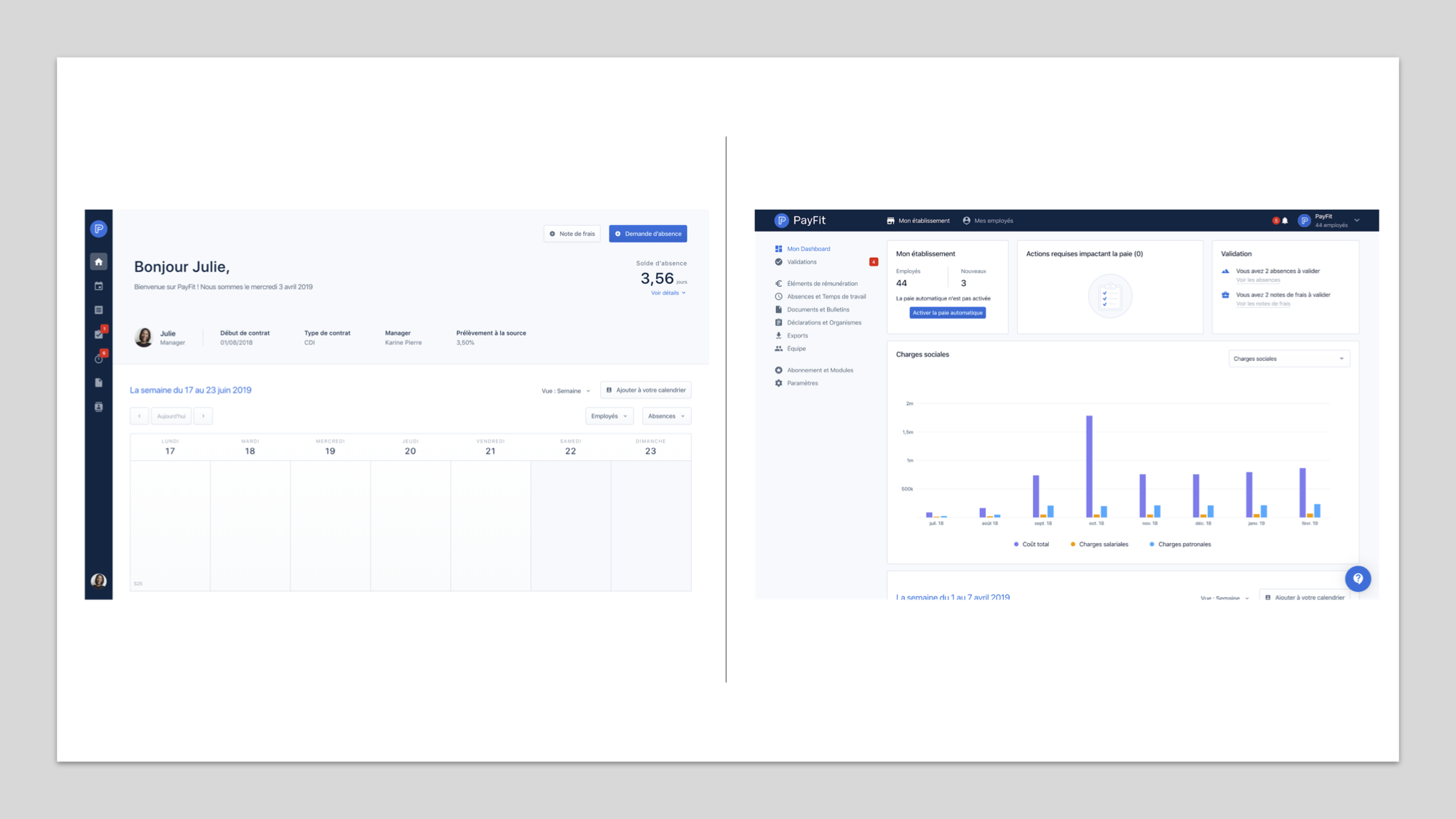
Launch of PayFit in the UK and structuring of the JetLang international team
In 2019, we decided to conquer the British market with Cédric, our first British JetLang Master who joined us in July 2018, quickly followed by Thomas.
The gradual international expansion and growth of the JetLang team (22 JetLang Masters today in France, Germany, Spain and UK) led us to truly structure its organisation and operations. Indeed, even if each country is governed by very different legal rules, JetLang Masters face the same challenges and must function as a single team; interact, question their peers, share their bottlenecks and successes, and so on. This is the key to everyone’s progress and for JetLang to become more and more efficient.
We decided to create a JetLang Ops division, an international team responsible both for facilitating coordination between the different countries and for training the JetLang Masters who will join us to launch new countries. By collecting feedback from the different JetLang Masters in each country, the Ops division had to quickly become a driving force and reference point to help JetLang Masters move forward on all the issues they face and that may affect other countries (organisation, bug management, etc.).
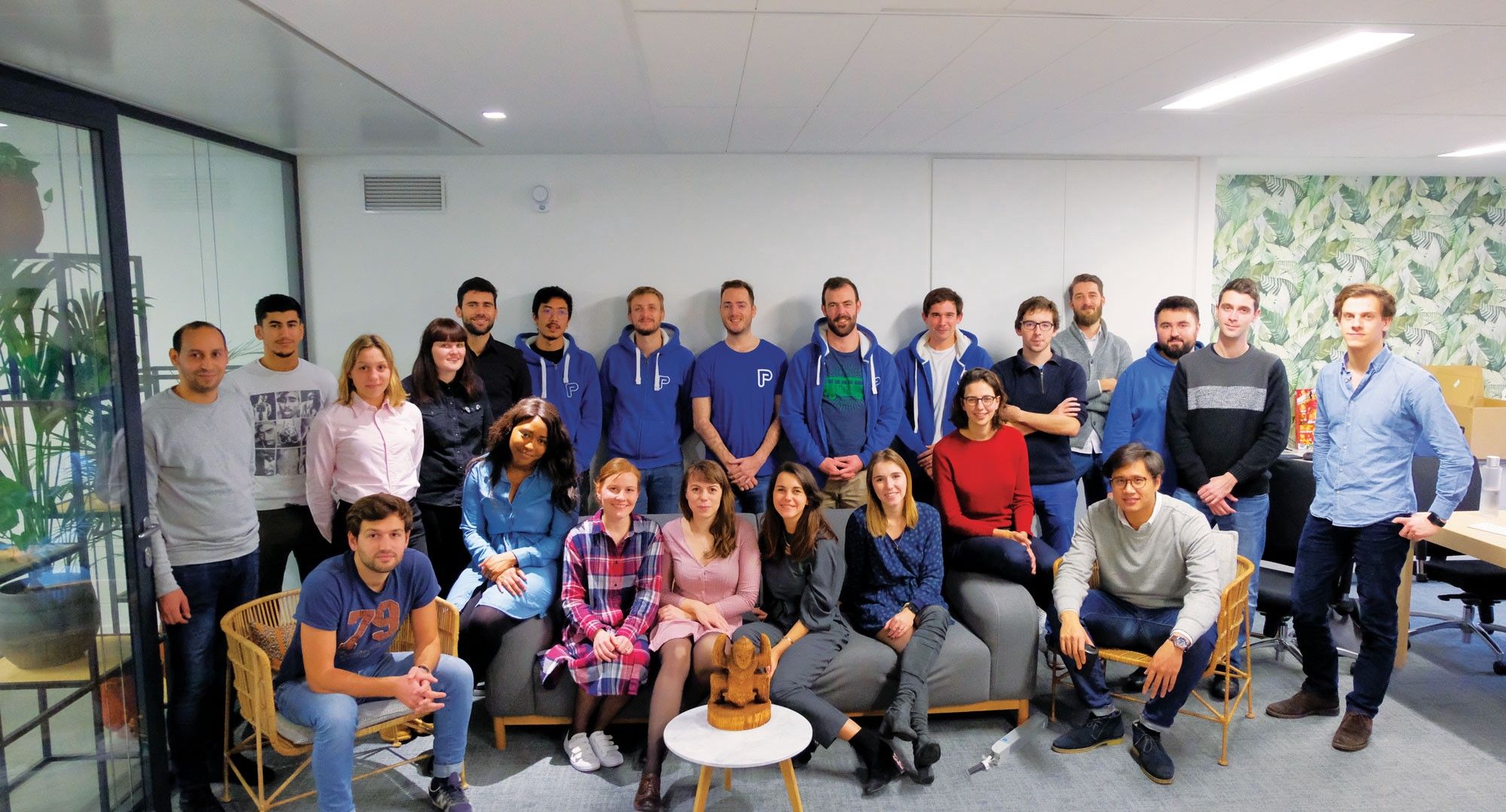
Strengthening the Product team and adjusting processes
To meet our ambitions in terms of product development and to offer our customers ever more efficient and intuitive new features, the Product team was strengthened with the arrival of Alexis, Gaël and Mehdi as Product Managers and Simon, Thomas, Romain and Léa as Product Designers.
PayFit grew from 60 employees in January 2018 to more than 200 in April 2019! In this context, product communication became a key issue and in mid-2018 the Product Marketing team was created. Product-related communication, both internally and externally, is being structured and strengthened. Internally, Product Keynotes bringing together all PayFiters are set up every quarter to present future product developments and guarantee alignment of the product vision within all teams. The training content for our users is improved thanks to an increasingly complete and intuitive online Help Center and via messages located directly in the user interface. Webinars are also organised on various topics related to payroll and the use of our solution.
Teams are growing and processes evolve to meet the challenges of this growth. We organise regular offsites to bring together Product Managers, Designers, JetLang Ops, JetLang Masters and Product Marketing Managers. It is an opportunity to get out of our daily lives, to take a look at our latest achievements, but also to discuss important topics such as product vision, the future of JetLang or process optimisation. Above all, it is an excellent way to strengthen human ties and team cohesion.
With the global growth of all PayFit teams, we are also continuously improving our product roadmap construction. Each team has a key vision of what should be our priority for tomorrow.
We are moving from a top-down approach (priority developments were mostly defined by Product Managers) to a bottom-up approach in which all teams are proactive and share their vision of what should be added to our roadmap by integrating both the needs of the market (our leads) and our customers.
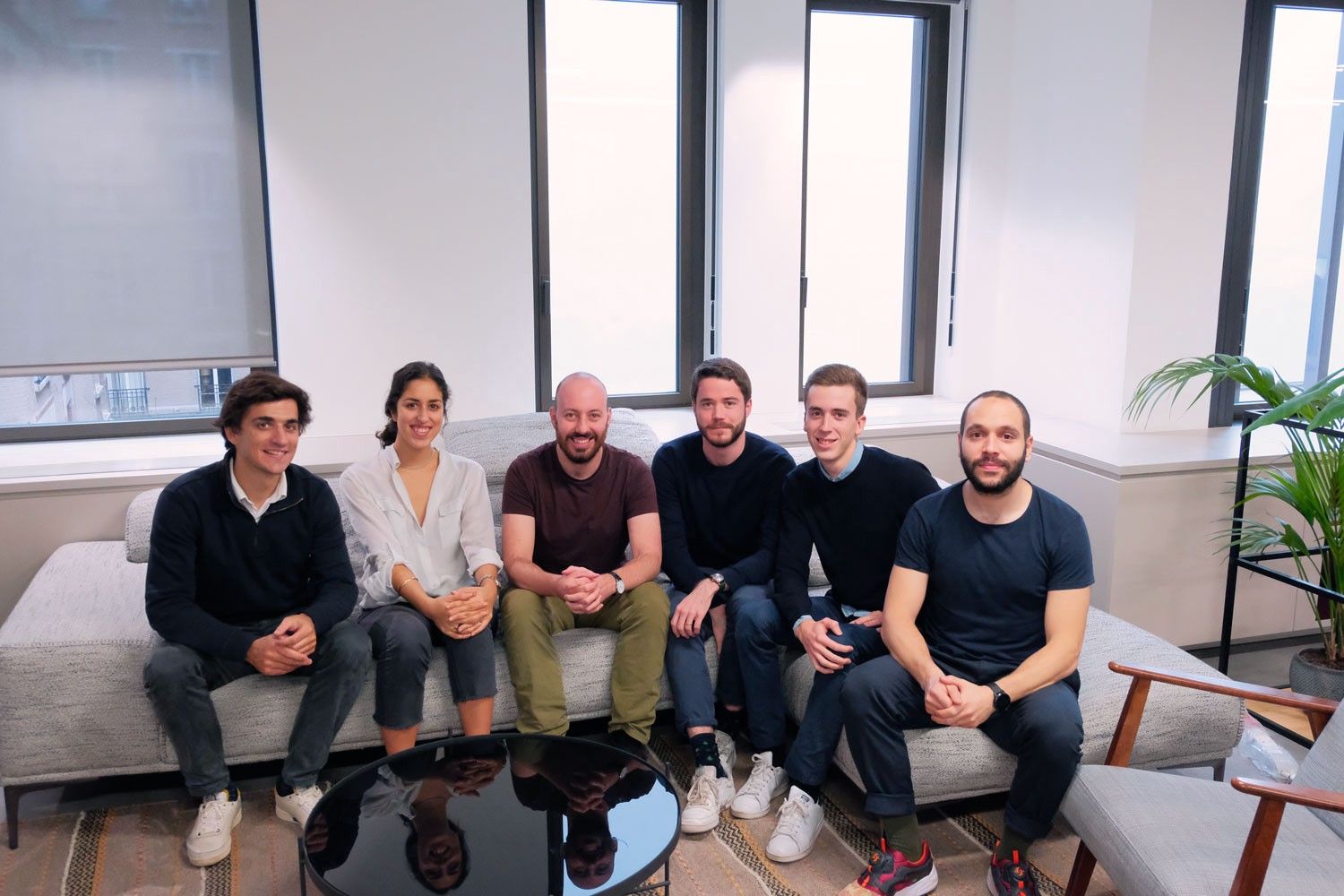
🚀 Automate payroll, support companies in their HR management and so much more tomorrow…
With JetLang, PayFit has redefined the basics of what a payroll solution should be. Automation, ease of use, centralised tools and serenity are becoming standards in an industry that has been characterised by frustration and complexity.
Today, PayFit allows 2500 customers in 4 countries to easily manage their payroll, social declarations and HR processes. We support them throughout their employees’ professional lives: from onboarding to departure, including absence management, expense reports and, obviously, payslips. We relieve them of costly and time-consuming administrative processes so that they can focus exclusively on their high value-added tasks.
Initially created for payroll, JetLang has proven to be a tool that provides tremendous scalability. But why not go further?
We firmly believe in the centralisation of tools and, far from limiting ourselves to payroll, we want to develop JetLang to explore other horizons, other uses, other markets and thus satisfy our customers even more by offering innovative solutions and gradually replacing the outdated tools they are currently forced to use.
To support this vision and meet new challenges such as conquering the Italian market, creating a performance review module or developing a mobile application, our product team will double its headcount in 2019.
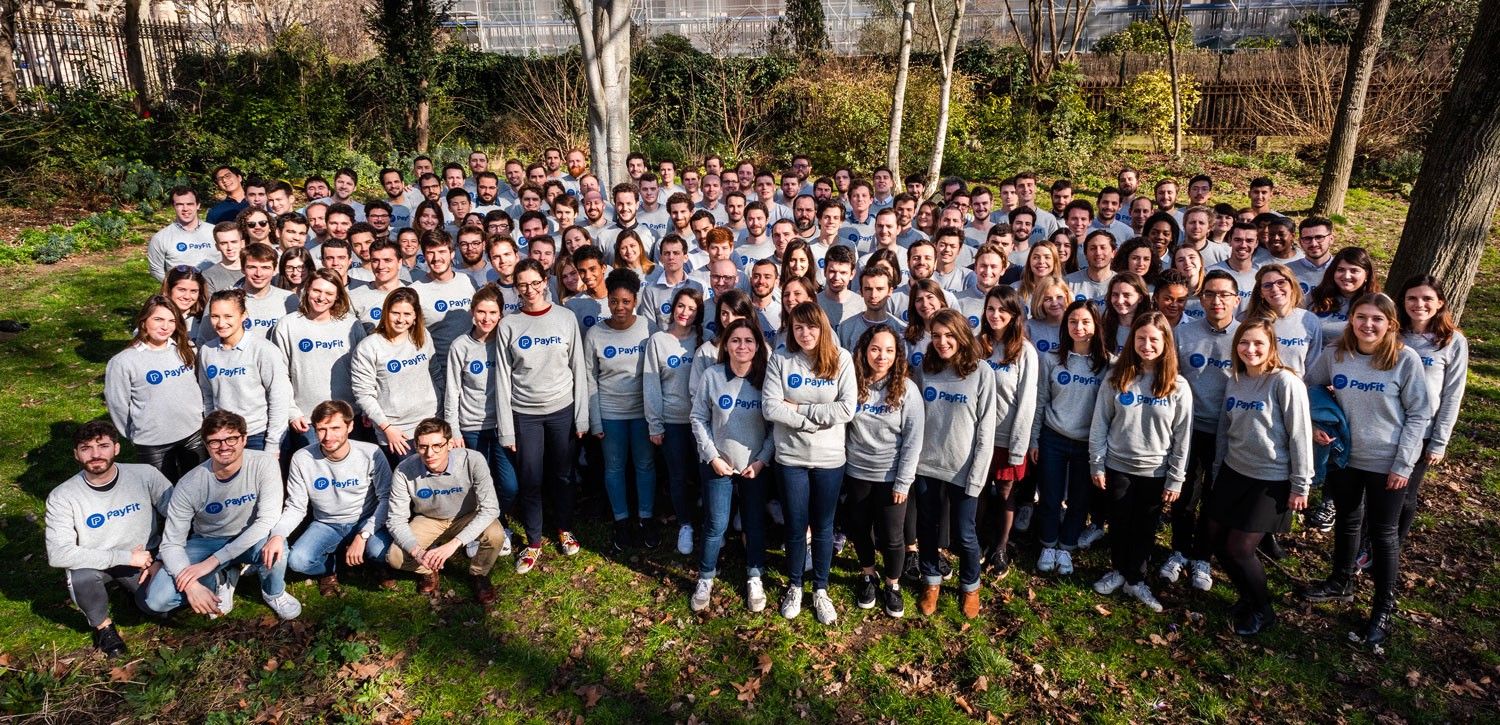
by Florian Fournier, CPO & Co-founder of PayFit.

